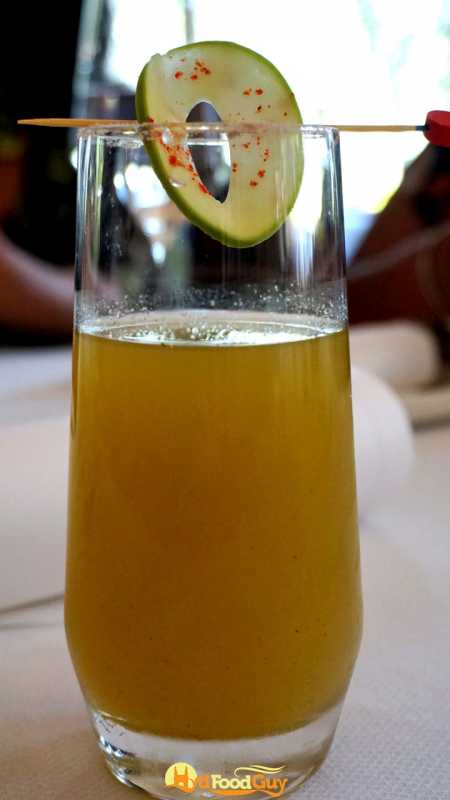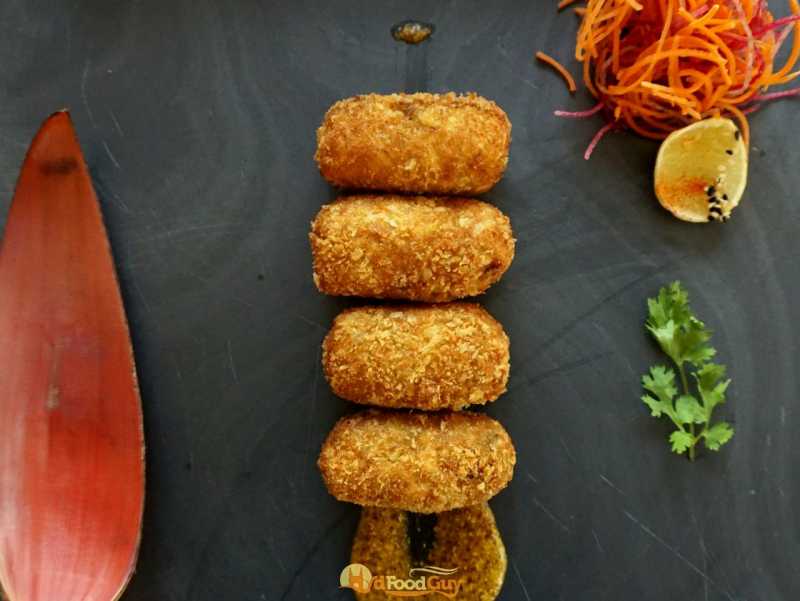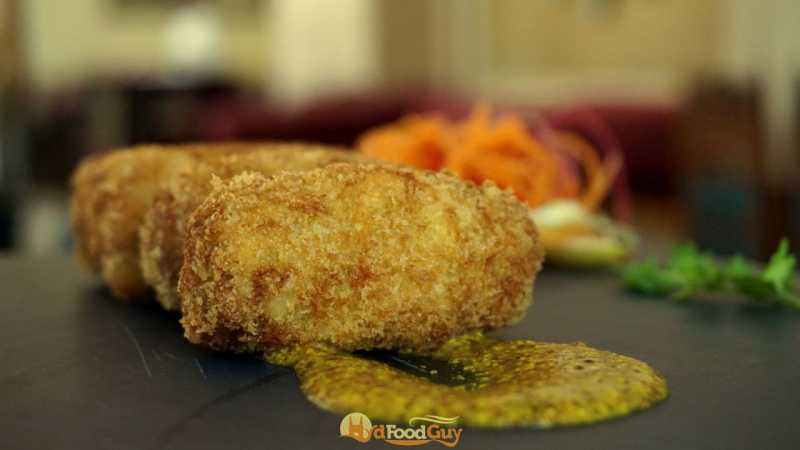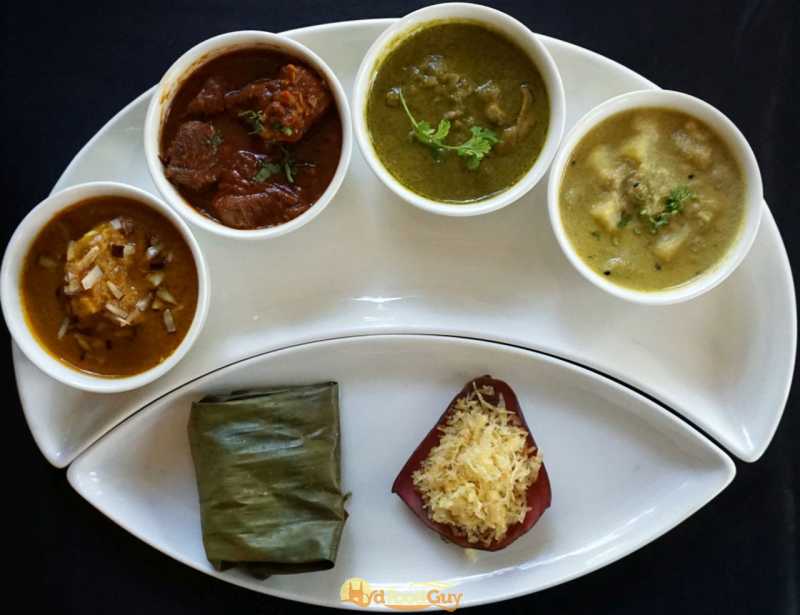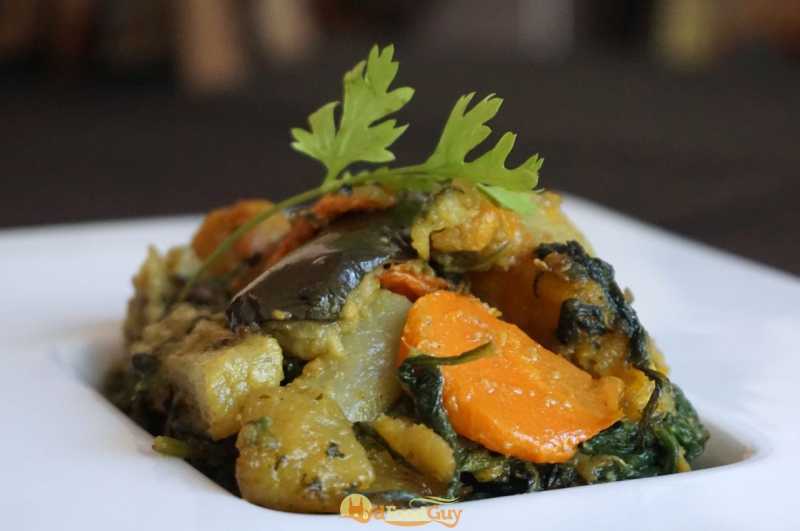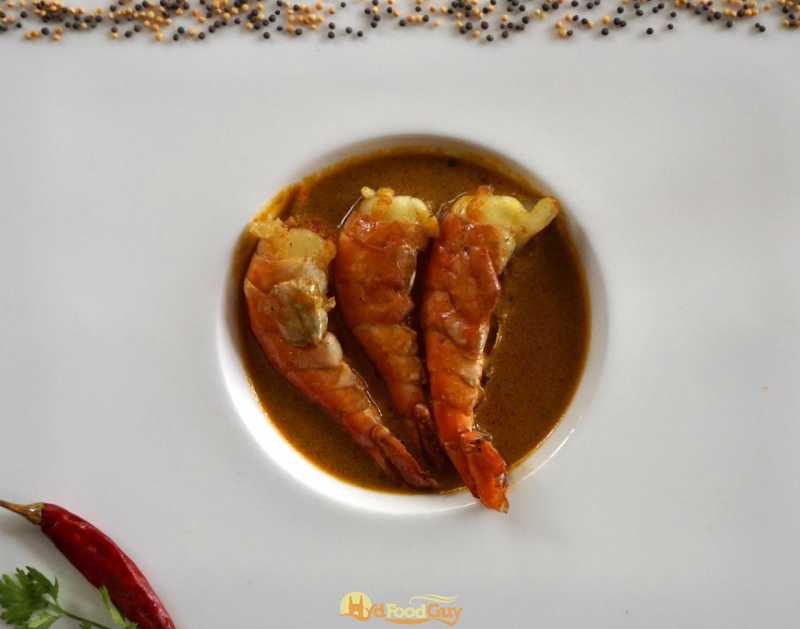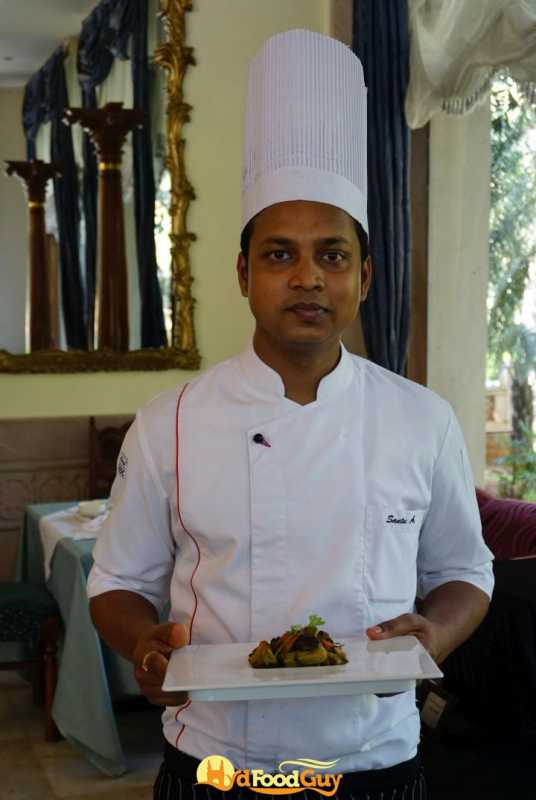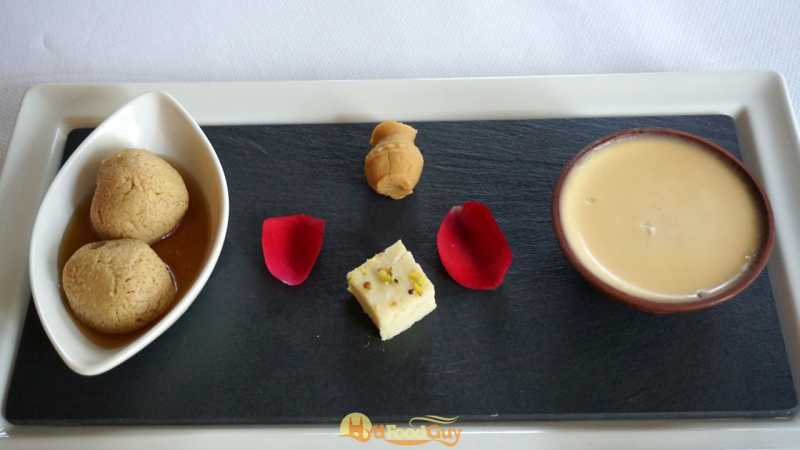Mention ‘Bengali Food’ to anyone and the first imagery you’re likely to evoke is that of Maachh-Bhaat (Fish and Rice). While us Bongs do love our fish with a fervour, Bengali cuisine has evolved over the centuries to feature a striking repertoire of vegetarian and non-vegetarian dishes. Many of the dishes emerged due to the assimilation of different cultures, while several others were simply born out of necessity in a society where widows were strictly vegetarian and in a region that was famine-stricken and impoverished due to colonialism. The iconic Shukto, a bitter-sweet mixed vegetable gravy, is believed to trace its lineage to the Portuguese traders. The Marwadi Seths probably influenced dishes like Dhokar Dalna, and Wajid Ali Shah and his entourage led to the creation of the Kolkata Biryani. Firdaus by Taj Krishna is hosting a ‘Best of Bengal’ food festival that shines a light on the cuisine of a typical Bengali Hindu household. The festival is helmed by Chef Santu who has flown in from The Gateway Hotel, Kolkata.
Chef Santu has crafted an elaborate menu featuring over two dozen Bengali delicacies. Patrons can choose to either opt for a pre-plated thali or order the dishes a la carte. I was invited to a tasting session where we were offered a mix of dishes from the veg and non-veg thalis. Bengali cuisine is among the few Indian cuisines to feature the concept of distinct courses. Yet, much like other cuisines around the country, it doesn’t really have appetisers. Hence, the Chef had to dive into the wide array of evening snacks that are popular around the streets of Bengal to craft the maiden course. The Niramish (Vegetarian) Thali includes Aloor Chop (Potato Croquettes), Postor Bora (Khus Khus Vada), and Mochar Chop (Banana Blossom Croquettes). The Aamish (Non-Vegetarian) counterparts were Bengali style Fish Fry, Chingri Machher Chop (Prawn Croquettes) and Murgir Chop (Chicken Croquettes). Each of the starters succeeded in nailing the taste and flavour of the typical Bengali marinades and the masalas. The Bhetki Fish Fry deserves a special mention, but I enjoyed every single one of the Chops and Boras.
After a terrific array of appetisers, the main course was eagerly awaited and they did not disappoint. The first round featured Ajwain Luchi (flat-breads with carrom seeds) with Kosha Mangsho, Bengali Aloor Dum, and Bhaja Moong Dal. Kosha Mangsho is a typical Bengali preparation where mutton is slow cooked in a heavy bottomed pan along with onion, garlic, and spices. A hint of sugar is added, which gets caramelised and imparts a wonderful dark hue to the finished dish. This dish works equally well with Luchi and steamed Rice. Bengali Aloor Dum is also quite different from the other North Indian variants. Baby Potatoes are steamed, fried in mustard oil, and then finished in a panch-phoron spiced gravy. Once again, a hint of sugar goes in to enhance the colour and flavour of the gravy.
The second round featured Gheet Bhaat (Rice with Clarified Butter) along with no-frills, homely Bengali preparations like Palong Shaker Chorchori (Mixed vegetables with Spinach) and Aloo Jhinge Posto. Jhinge in Bengali refers to Ridge Gourd (Turai) while Posto is poppy seeds. Aloo Jhinge Posto is a simple, delicious, and soporific dish that we love to relish on a warm summer afternoon. Chef Santu’s recreation stayed true to the homely recipies and reminded me of the flavours that I’ve grown up relishing. Other dishes showcased included Bhetki Paturi and Chingir Malaikari. The origins of Malaikari is often attributed to Malay immigrants, but this unique dish which deftly balances the pungency of mustard oil with the creaminess of coconut milk is passionately loved by the Bongs. One of my friends was rather peeved to see the heads chopped off from the prawns. But barring that indiscretion, which I suspect was committed to make the dish palatable to a wider audience, the Malakari gave me no room for complaint. Unfortunately, the Paturi – mustard-marinated fish steamed in a banana leaf wrap, felt hurried and was off-key.
Sweets are perhaps the best-known aspect of Bengali cuisine, and the ‘Best of Bengal’ menu showcases some of the very best – from beautifully moulded Sondesh to Nolen Gurer Rosogolla to Nolen Gurer Ice Cream and Mishti Doi. If you’ve a sweet tooth, you should definitely save up some appetite for the brilliant desserts.
The ‘Best of Bengal’ promotion will continue until 26th March at Firdaus by Taj Krishna. The festival dishes are available on dinner on weekdays and for both lunch and dinner on weekends. The Thali is priced at Rs. 1600 and Rs. 2000 for veg and non-veg respectively (taxes extra).

